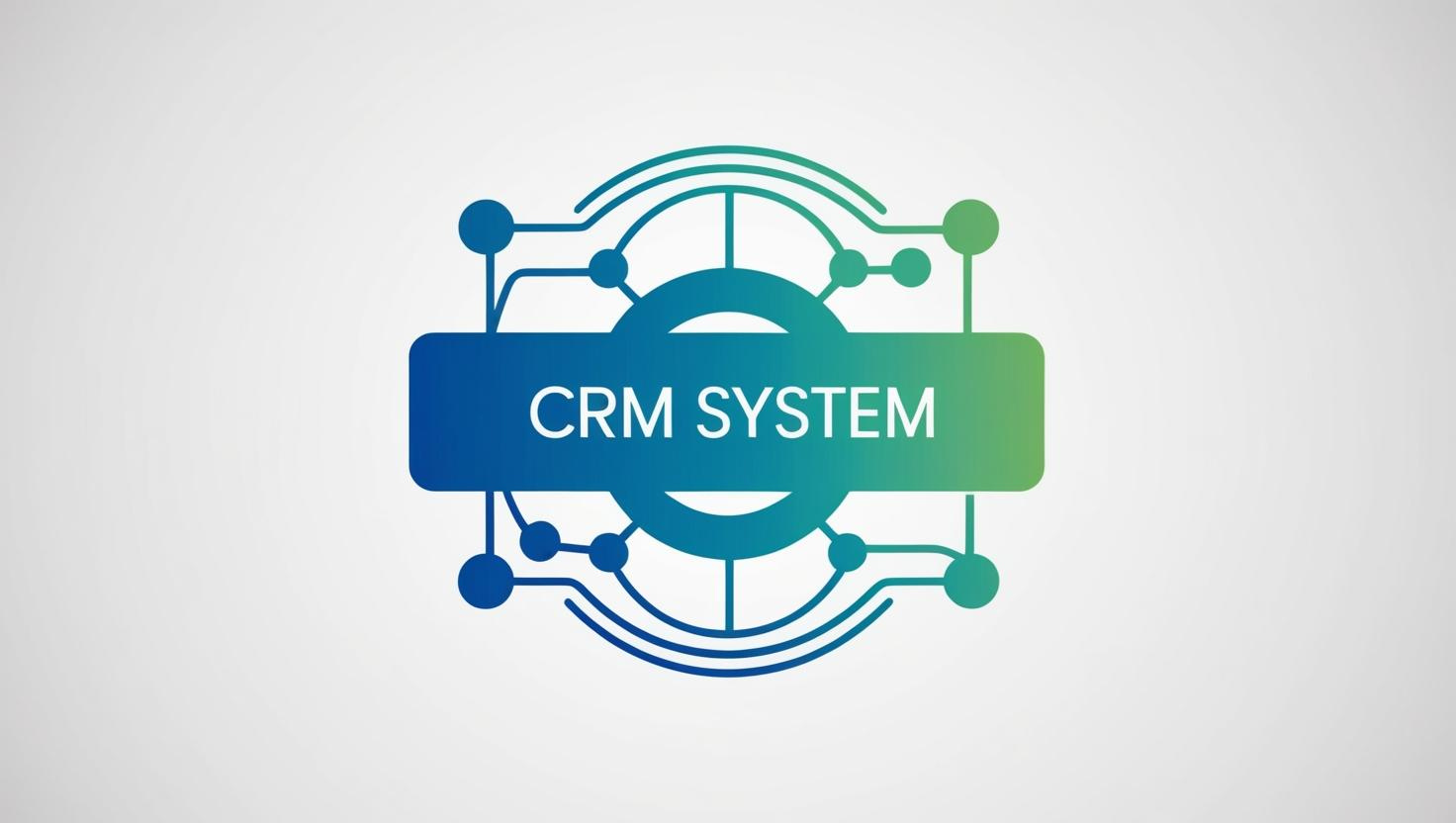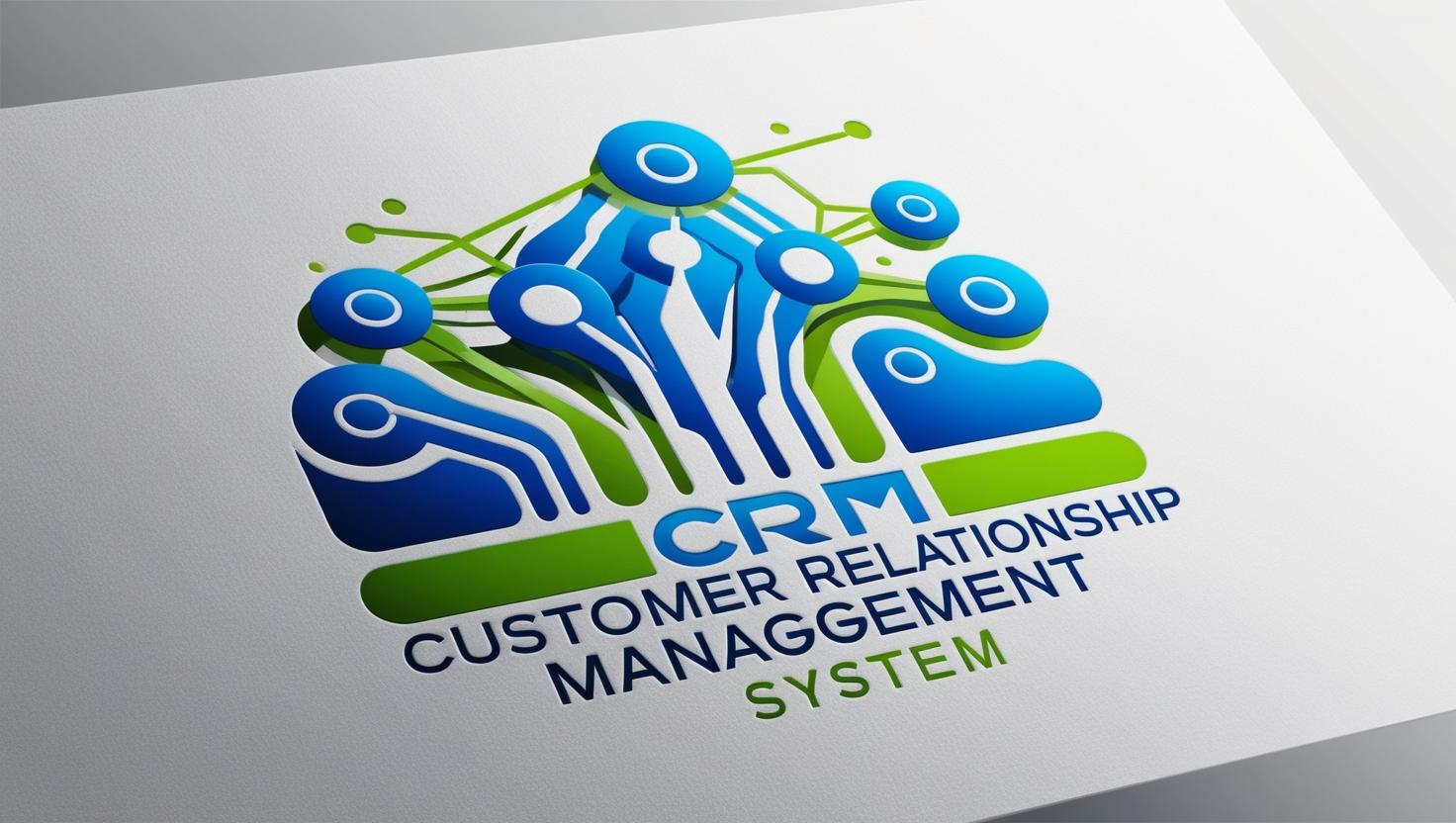
FAQ: Customer Relationship Management (CRM) Systems
What is a CRM System?
A Customer Relationship Management (CRM) system is software designed to help businesses manage interactions with customers and prospects. It streamlines processes such as sales, marketing, and customer support, providing a centralized platform for storing and accessing customer data.
Why Do Businesses Need a CRM System?
Businesses need a CRM system to:
- Organize customer data efficiently.
- Improve customer relationships and retention.
- Streamline sales and marketing efforts.
- Enhance customer support.
- Analyze performance metrics and gain valuable insights.
What Are the Key Features of a CRM System?
The key features of a CRM system include:
- Contact Management: Centralized storage of customer details.
- Lead Management: Tracking and nurturing leads through the sales funnel.
- Sales Automation: Automating repetitive tasks like follow-ups and reporting.
- Marketing Automation: Creating and managing campaigns with personalized content.
- Customer Support: Tools for managing inquiries, tickets, and support requests.
- Analytics and Reporting: Data-driven insights into sales, marketing, and customer interactions.
- Integration Capabilities: Compatibility with other software like email, calendars, and accounting tools.
What Types of CRM Systems Are Available?
There are three main types of CRM systems:
- Operational CRM: Focuses on streamlining business processes like sales and customer support.
- Analytical CRM: Provides insights and reports for data-driven decision-making.
- Collaborative CRM: Enhances communication between teams and with customers.
How Does a CRM System Benefit Small Businesses?
CRM systems benefit small businesses by:
- Centralizing customer data to avoid disorganization.
- Improving customer engagement with personalized interactions.
- Automating routine tasks, saving time and resources.
- Providing insights to refine marketing and sales strategies.
- Supporting scalability as the business grows.
Can a CRM System Be Customized?
Yes, most CRM systems offer customization options to meet specific business needs. Businesses can customize fields, workflows, dashboards, and integrations to suit their processes and goals.
How Does a CRM System Improve Customer Experience?
A CRM system improves customer experience by:
- Offering personalized interactions based on customer history.
- Providing quick and efficient customer support.
- Anticipating customer needs with data-driven insights.
- Ensuring consistency in communication across channels.
What Industries Use CRM Systems?
CRM systems are widely used across industries, including:
- Retail
- Real Estate
- Healthcare
- Financial Services
- Technology
- Manufacturing
- Education
- Hospitality
Is a CRM System Secure?
Yes, reputable CRM providers prioritize data security with features like:
- Data encryption
- Multi-factor authentication (MFA)
- Role-based access controls
- Regular software updates and security patches
Businesses should choose a CRM system with robust security measures and comply with local data protection regulations like GDPR or POPIA.
How Do I Choose the Right CRM System for My Business?
To choose the right CRM software:
- Assess your business needs and goals.
- Determine your budget.
- Look for features that align with your processes.
- Check for integration with existing tools.
- Request demos and trials to evaluate usability.
- Consider scalability to support future growth.
What Are the Costs Associated with CRM Systems?
CRM costs vary depending on the provider, features, and user count. They may include:
- Subscription Fees: Monthly or annual charges per user.
- Customization Costs: Fees for tailoring the system to your needs.
- Training Costs: Charges for onboarding and educating staff.
- Integration Costs: Expenses for connecting the CRM to other tools.
Some CRM systems, like HubSpot CRM, offer free versions with basic features.
Can a CRM Software Be Integrated with Other Tools?
Yes, most modern CRM systems integrate with tools like:
- Email marketing platforms (e.g., Mailchimp)
- E-commerce systems (e.g., Shopify)
- Accounting software (e.g., QuickBooks)
- Social media platforms
- Communication tools (e.g., Slack, Zoom)
Integration enhances functionality and creates a seamless workflow.
How Long Does It Take to Implement a CRM System?
The time required to implement a CRM system depends on factors like:
- Business size and complexity
- Level of customization
- Data migration requirements
Typically, implementation can take anywhere from a few days to several months.
What Challenges Can Arise with CRM Adoption?
Common challenges with CRM adoption include:
- Resistance to change from employees.
- Inadequate training.
- Poor data quality or incomplete migration.
- Choosing a system that doesn’t align with business needs.
Proper planning, training, and change management can mitigate these issues.
How Often Should a CRM System Be Updated?
CRM systems should be updated regularly to:
- Ensure compatibility with new tools and technologies.
- Add new features and enhancements.
- Address security vulnerabilities.
Most CRM providers offer automatic updates as part of their service.
Conclusion
A CRM system is a powerful tool for managing customer relationships, improving efficiency, and driving growth. By understanding its features, benefits, and best practices, businesses can make informed decisions and maximize their CRM investment. If you have additional questions, feel free to reach out or explore demo versions of popular CRM platforms to find the best fit for your needs.

